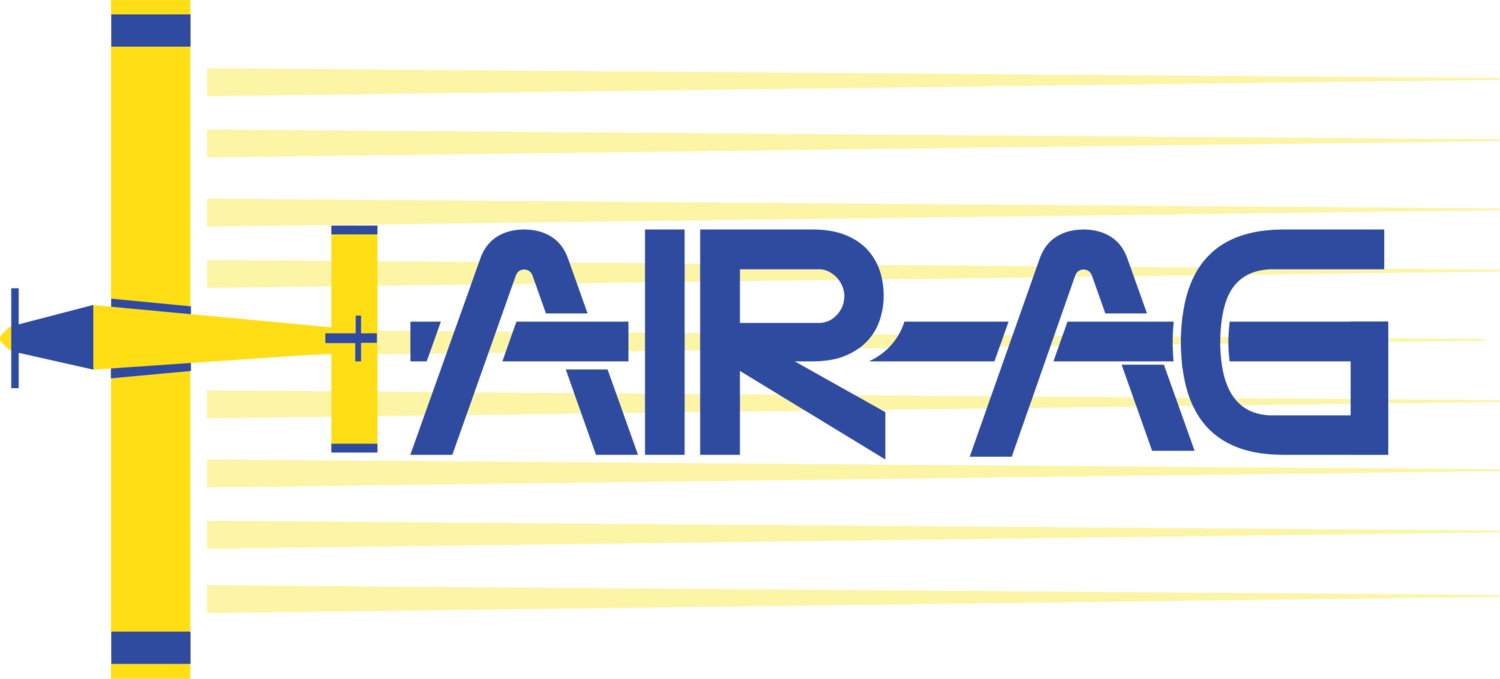
Organising a Spray Job
Spraying pesticides may cause hazards to other people, property or the environment so it is important that it be carried out in such a way to reduce these hazards. A process called a risk assessment is carried out to ensure you have met all your responsibilities prior to the spray job taking place. We have listed the suggested steps you take when asking us to carry out a spray job on your farm. You can also download this as a handy checklist to tick off and keep as a record that you have done the right thing.
Prior to the Job
We recommend that you ensure that the agronomist or consultant give you a written recommendation for the chemistry to ensure that the right products are used
All pesticides must be applied according to the label. You should read the label and check for the following:
That the product is registered to be applied by air.
That the product is registered for the crop you want to spray
That the rates you want to use are within label limits
That any other requirements such as water rates etc are adhered to.
Ring Air Ag and book in your spray. The earlier you do this the more likely that you will get the spray done at the time you need it. They will fax you a spray order form (or you can download one here)
Ring your neighbours and inform them of the spray and see if they have any crops, livestock, or staff that may be affected by the proposed spray.
If there is an airstrip close by that Air Ag can use, ring the owner and get permission to use the strip. Ask if the strip is in useable condition and if there is water available.
Organise the chemical. Arrange to get it delivered to the strip or to the Air Ag base. Air Ag holds stock at its base for most of the chemical companies in Goondiwindi so we may already have it in stock.
What weather conditions do you need to do the job? Based on your conversations with your neighbours you may need to do the spray with a special wind direction to avoid damaging one of their crops. Check the weather forecasts for when you are likely to get these winds. Talk to us as we constantly check forecasts and have a fair idea of what winds to expect.
Complete the Air Ag Spray Request Form. You can download one here or we can fax you one. Make sure you include a map of the farm with the fields to be treated marked clearly. If your neighbours have susceptible crops make sure they are marked as well. Also mark other hazards such as powerlines, towers, school bus stops etc.
Make sure all your farm staff and any contractors on the farm are aware of the intended spray job. We have a notice that you can give to them that informs them what to expect when the aircraft is around and how to keep themselves safe.
During the Job
Air Ag will contact you prior to coming out to ensure that all is OK. Your main responsibilities during the job are:
Ensure there are no people in the spray area or on the downwind area.
Keep an eye on the weather and let Air Ag know if the required conditions change or are not suitable.
Ensure that someone is around to talk to the pilot on UHF 27 or near a phone should he have any questions when he arrives.
If you receive any objections or complaints about the spray job during the application, immediately call the pilot on UHF 27 or Air Ag on 07 4676 2236 and they will stop until the problem is sorted out.
After the Job
Inspect the application as soon as practical to ensure you got the job you wanted. Errors are cheaper and easier to fix if you get on to them quickly.
If you become aware of any damage to neighbours crops, notify Air Ag as soon as possible.
Air Ag will send you documentation on the details of the job. Keep this as a record of the application along with diary notes of any incidents that occurred during the application process. We suggest you download the checklist we have provided and check off the items as you go. This may be a powerful piece of evidence that you met all your obligations should there be any problems with the application.
Air Ag are professional aerial applicators and have a robust process for carrying out a risk free application. Problems occurring from a spray application are very rare, but we insist that this risk assessment is done for every job to ensure that all applications are done to the highest possible standards.
